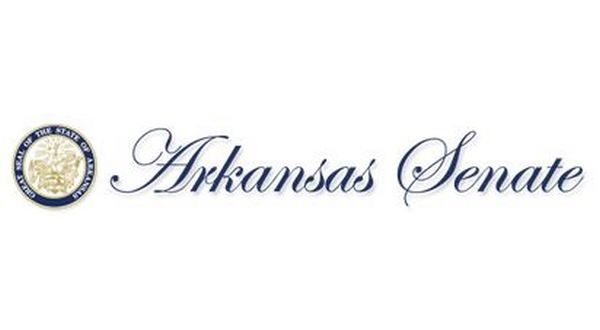
A bill intended to allow minors injured by a “gender transition procedure” to file a lawsuit against the health care professional who performed the procedure passed a Senate panel on Monday for the second time in as many weeks.
According to the Arkansas Democrat-Gazette, Senate Bill 199, by Sen. Gary Stubblefield, R-Branch, appeared before the Committee on Judiciary with an amendment that would reduce the statute of limitations for civil action allowed by the bill.
Under the amendment, a minor injured by a “gender transition procedure” or a representative for the minor could sue the health care professional who performed the procedure no later than 15 years after the minor turns 18 or would have turned 18 if the minor dies before turning 18.
The original bill would have allowed lawsuits within 30 years of when the minor turns 18 or would have turned 18 if the minor dies before turning 18.
The current statute of limitations for most medical malpractice cases in Arkansas is two years, according to state law.
The bill defines a “gender transition procedure” as a medical procedure intended to alter “or remove physical or anatomical characteristics or features that are typical for the individual’s biological sex.” The bill also addresses procedures that seek to instill “or create physiological or anatomical characteristics that resemble a sex different from the individual’s biological sex.”
The Senate Committee on Judiciary first considered the bill Feb. 13.
Those in favor of the bill have questioned the ability of minors to consent to procedures covered by the legislation. Supporters have noted the bill would not outlaw “gender transition procedures” but would provide legal recourse for those who receive the procedures.
Opponents claim the bill would make it more difficult for transgender people, especially those with mental illness, to access medical procedures. Critics also have noted state statutes include medical malpractice laws and that Stubblefield’s bill could violate the equal protection clause of the U.S. Constitution.
WebReadyTM Powered by WireReady® NSI










